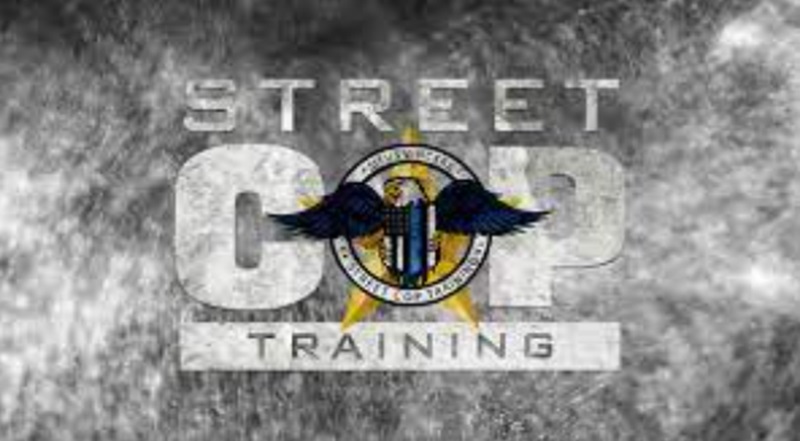
The New Jersey Office of the State Comptroller (OSC) has authority within the executive branch to oversee expenditures of state funds. As part of that larger mission, the OSC established the Police Accountability Project “to detect waste, fraud, abuse, and misconduct in law enforcement agencies” according to the OSC website. Its investigation, released in December of 2023, of a New Jersey based training company determined that Street Cop Training was so badly done that the Attorney General, whose office oversees the states Police Training Commission (NJPTC) has ordered all 240 New Jersey police officers who attended at 2021 training event to attend re-training sessions.
Is the anti-police movement aiming at police training with the same hyper-critical, fault-finding, negative narratives surrounding so much of routine police activity? By my analysis, indeed it is. From the banning of any training with the scent of “warrior” to it, to the violent protests against the Atlanta Public Safety Training Center, the attack on the Street Cop event seems more political than substantial.
The allegations of the OSC against Street Cop Training deserve attention, not merely because of the impact on the particular training company and the thousands of officers they’ve trained, but because of the question of who can or should censor law enforcement trainers. Apparently with no study of the performance of the 240 officers since the Street Cop event that would indicate indoctrination or inducement of unlawful conduct compared to a sample group of other officers, the OSC determined that the training evidenced “alarming deficiencies in the police training provided at the Conference.”
It is interesting to note that the NJPTC has control only over the curriculum of basic academy training and no direct oversight of privately provided in-service training. The OSC jurisdiction comes from its claim of financial oversight, stating that at least $75,000 in public funds was used to facilitate the training, not counting personnel costs to the agencies. The agency also implied in its report that litigation for police misconduct could derive from the instruction, costing taxpayers additional losses.
The OSC cites, as one of their bulleted list of concerns “The Conference included over 100 discriminatory and harassing remarks by speakers and instructors, with repeated references to speakers’ genitalia, lewd gestures, and demeaning quips about women and minorities.” It also cited the “promoted the use of unconstitutional policing tactics for motor vehicle stops.”
The observation of indelicate language is factual on its face. The owner and major presenter of Street Cop Training is Dennis Benigno, who in a response video posted on YouTube apologized for “any inappropriate or offensive language that was used by a few of our instructors” in the 2021 session that was the sole focus of the OSC. He stated that since that time his company has implemented quality control measures, saying “we don’t want that type of incident to ever happen again.”
As to allegations of blatant teaching of unconstitutional methods of policing, the OSC report frequently uses the word “likely” to describe whether the methods would withstand judicial scrutiny, indicating that there is some subjectivity in their analysis of the material presented. In a YouTube video produced by OSC, event instructors are criticized for disagreeing with internal affairs divisions, supervisors, and prosecutors. In the written report, the OSC cites some checklists presented by Street Cop Training that purport to provide indicators that, collectively, indicate likely criminal behavior. The critics would be hard-pressed to provide objective, researched data to say that those indicators are wrong or pervert justice.
Tactics, interpretation of the law, and the study of body language and behavioral indicators are ultimately subjective. Prosecutors and courts will disagree, just like trainers and officers applying the law and tactics in the real world. Admittedly I didn’t take the course nor did I participate in investigating it, but I’ve been on all sides of the training game. And as a professional wordsmith, I know how connotation and attitude can be conveyed through subtle vocabulary choices, careful editing, formatting, and presentation. Both the OSC video and report seem to convey more consternation because of the strut of the instructor on the stage than the real content of the course. I know bias when I see it.
So what do we make of it? Is Benigno the promoter of Neanderthal, old-school bullying, mocking authority and deviously plotting to do an end run against the law of the land? I don’t think so. Does the police training profession on whose shoulders rest the bulk of post-academy training deserve scrutiny? Always. Can we collectively dial back some of the vulgarity and name-calling that is part of many police agencies’ culture? That’s already happening and will continue to improve because, with constant surveillance of the critic, it must.